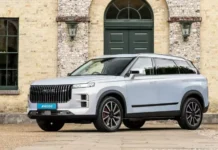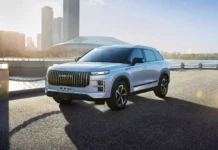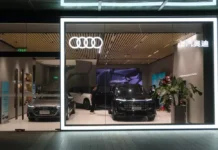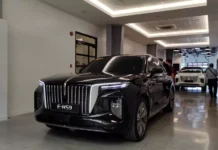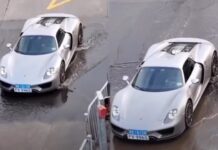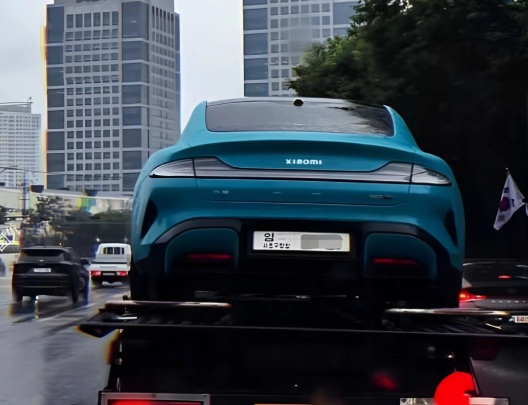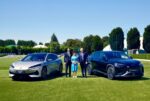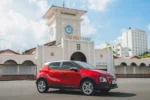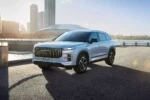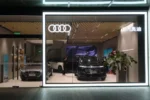Hyundai Motor recently added a Xiaomi SU7 Max to its internal research fleet, signaling a significant move in the automotive industry.
On July 16, the SUV was spotted being transported to Hyundai’s headquarters in Yangjae, Seoul, bearing a temporary license plate issued by the Seocho District for research purposes.
This indicates that Hyundai is expanding its research scope to include foreign electric vehicles, particularly those from Chinese manufacturers like Xiaomi. Even though the Xiaomi SU7 is not officially distributed in South Korea, Hyundai has imported it specifically for research and development purposes.
Previously, Hyundai Chairman Euisun Chung emphasized the importance of maintaining a competitive edge, not only against Tesla but also against rising Asian electric vehicle makers such as BYD.
In line with this strategy, Hyundai has been aggressively investing in tangible assets, including its R&D facilities and research vehicles. As of Q1 2025, Hyundai’s tangible assets stood at 44.8 trillion won (approximately $32.4 billion). In the first quarter alone, investments in tangible assets amounted to 2.08 trillion won (around $1.5 billion), a 12% increase from the previous year.
For 2025, Hyundai plans to invest a total of 24.3 trillion won (approximately $17.6 billion), with nearly half allocated to research and development. The Xiaomi SU7, acclaimed for its HyperOS and user interface, is believed to serve as a reference for enhancing the infotainment system and connectivity platform in future Hyundai models.
Hyundai’s proactive approach to studying Chinese electric vehicles like the SU7 reflects a strategic shift in product development and underscores the intensifying competition in the global electric vehicle market.
“BYD: Powering Inter Milan’s Global Ambitions as Official Automotive Partner.”
BYD – a leading global brand in new energy vehicles (NEVs) – is proud to announce a 3-year strategic partnership with the iconic Italian football club, Inter Milan (FC Internazionale Milano). As their official global automotive partner, BYD is set to showcase its innovative NEV technology to a worldwide audience through this collaboration.
“Lamborghini Reconsiders Pure Electric Car Plans, Prioritizing PHEV Technology”
“The renowned Italian automotive brand, Lamborghini, is poised to embark on a strategic shift in its electrification journey. Amidst a perceived global slowdown in demand for luxury electric vehicles, Lamborghini is boldly re-envisioning its approach, ready to spark a revolution on the road less traveled.”
What Do Sales Figures Tell Us About the Vietnamese Auto Market So Far This Year?
The once-popular low-riding sedans, ranging from affordable to luxurious options, are now struggling to maintain their stronghold in the Vietnamese market. With the rising trend of SUV dominance and the electric vehicle revolution, the preference for these traditional car body styles is facing a significant challenge.

